What is a hero without love for mankind
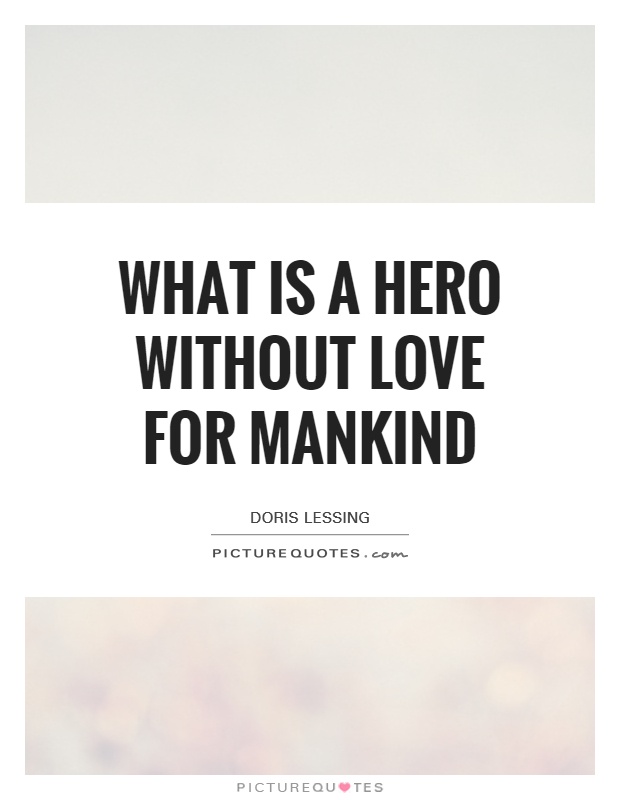
What is a hero without love for mankind
Doris Lessing, a renowned British writer and Nobel Prize laureate, often explored the complexities of human relationships and the impact of societal norms on individuals. In her works, she delved into the concept of heroism and questioned what it truly means to be a hero without love for mankind.Lessing's characters often grapple with their own sense of morality and the responsibilities that come with their actions. In her novel "The Golden Notebook," for example, the protagonist, Anna Wulf, struggles with her role as a writer and a woman in a male-dominated society. Throughout the novel, Anna grapples with her own sense of heroism and the ways in which she can make a difference in the world.
In the context of "What is a hero without love for mankind," Lessing's work challenges the traditional notion of heroism as a selfless act of bravery and sacrifice. Instead, she suggests that true heroism is rooted in a deep sense of empathy and compassion for others. Without love for mankind, a hero's actions may be hollow and devoid of meaning.
In Lessing's short story "To Room Nineteen," the protagonist, Susan Rawlings, struggles with her own sense of identity and purpose in life. As she grapples with the pressures of societal expectations and her own inner turmoil, Susan ultimately finds solace in her love for her children and her desire to protect them from harm. In this way, Lessing suggests that true heroism is not just about individual acts of courage, but also about the capacity to love and care for others.
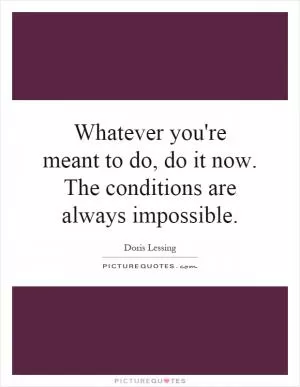
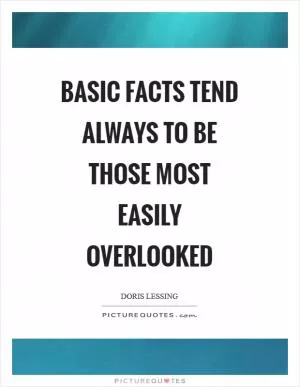
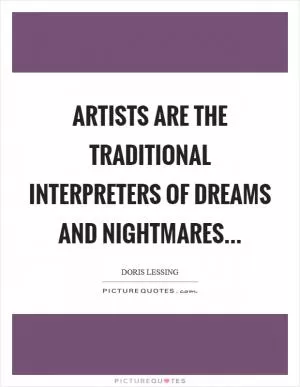
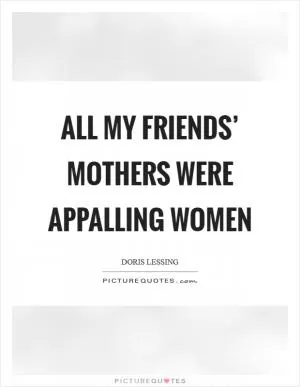


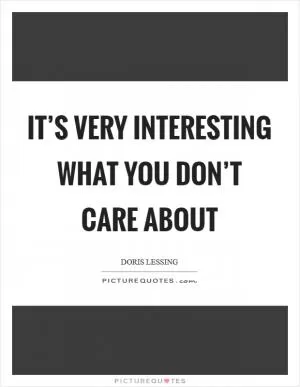
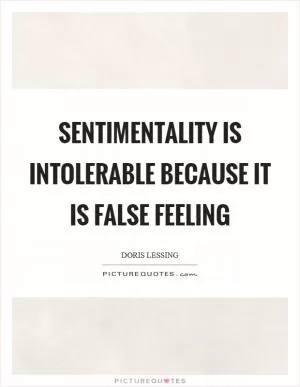
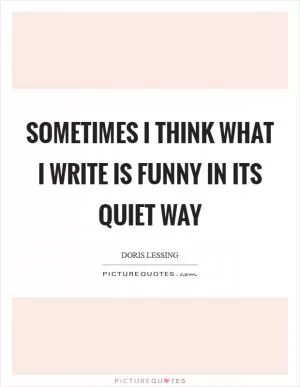


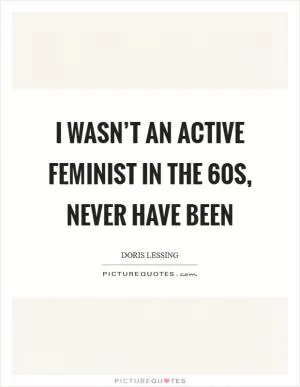
 Friendship Quotes
Friendship Quotes Love Quotes
Love Quotes Life Quotes
Life Quotes Funny Quotes
Funny Quotes Motivational Quotes
Motivational Quotes Inspirational Quotes
Inspirational Quotes